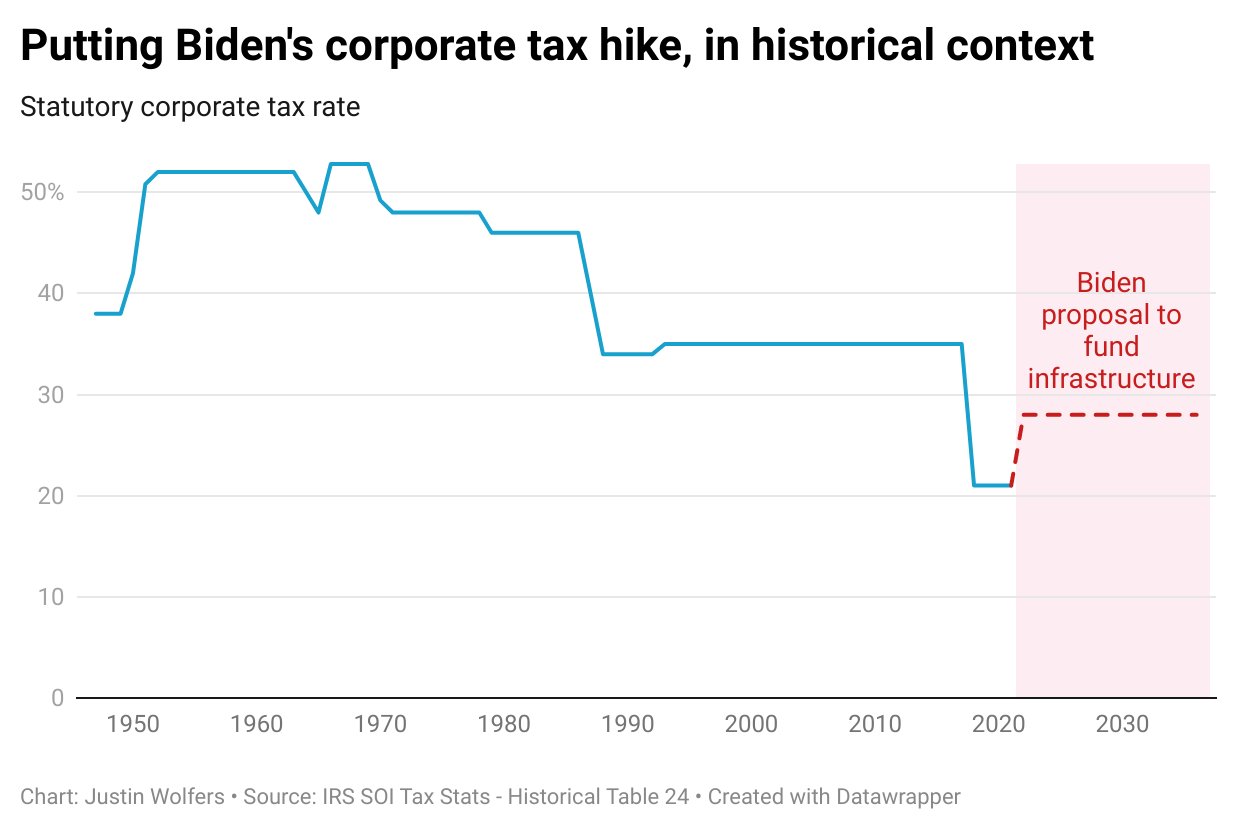The Daily Escape:

Crepuscular rays at White Sands NM, NM – photo by dantreks
Biden announced his big infrastructure plan on Wednesday. The American Jobs Plan is a $2+ trillion proposal that is an expansive interpretation of the word “infrastructure.”
Naturally, Republicans are against it. South Dakota Gov. Kristi L. Noem (R) disparaged it on Fox:
“I was shocked by how much doesn’t go into infrastructure…It goes into research and development. It goes into housing and pipes and different initiatives, green energy.”
So, Republicans aren’t sure what “infrastructure” is? Or maybe, they want Biden restricted to being President Pothole? They must know that “pipe” and “green energy” are well within the definition of “infrastructure.”
But they would be against it, no matter how little it contained. Today’s Republican Congress is even worse than it was in 2009. Back then, Obama’s stimulus bill to combat the Great Recession, (like Biden’s stimulus bill after COVID-19), received zero GOP votes in the House. In the Senate, Obama got three more Republican votes than Biden. And in the 2010 midterms, the GOP regained control of both chambers, setting its template for 2022.
Now In 2021, Republicans no longer run on policy. They’re running against a mythic Democratic party bent on imposing socialism, demeaning Christianity, defunding the police, coddling menacing migrants, and supporting angry American minorities.
If you’re a Republican politician, you’re not offering any actual policy. They’re offering to fight Democrats, and that seems to be enough to get reelected. This means that Republicans will filibuster any bill the Democrats can’t pass through reconciliation.
Biden knows that. So, his legislative strategy prioritizes rebuilding American infrastructure, something that has a broad consensus within the electorate. His plan includes a commitment to confronting climate change (and creating jobs) by modernizing the electrical grid, encouraging the development of alternative energy sources, and building charging stations across America.
He plans to combat poverty and buttress the middle class through funding childcare, universal pre-K, and free community college, while extending the child tax credits authorized by his stimulus plan.
Taken together, his American Jobs Plan represents Biden’s belief that the pandemic has changed what is politically possible. He proposed to open the way to expanding government’s role in addressing our economic and societal weaknesses, on a scale of spending we wouldn’t have dreamed possible.
He’s taken the ideas originally outlined in the Green New Deal in 2019 and repackaged them under the more politically popular umbrella of infrastructure, including some of the same goals. Biden’s plan isn’t the Green New Deal in sheep’s clothing, regardless of what Republicans say.
To help cover the costs of his plan, Biden proposes raising taxes on corporations, the affluent, estates, and capital gains, starting with corporate taxes. He’s proposing an accompanying tax plan, the Made in America Tax Plan. If it passes, it will pay for the American Jobs Plan in 15 years, and reduce deficits from then on.
Biden proposes to set the corporate tax rate at 28%, from its current rate of 21%, nowhere near the 35% tax rate before the 2017 tax cuts. He also plans to discourage offshoring of corporations and to get rid of subsidies for fossil fuels. Here’s a chart that gives some historical perspective about Biden’s corporate tax proposal:

It’s clear that despite Republican wailing that the infrastructure plan is a “trojan horse” for raising taxes, the reality is that corporate taxes will still be lower than at any point since the 1940’s.
Even this may be a bridge too far, since the Senate’s most conspicuous swing vote, Sen. Joe Manchin (D-WVA), says that while he favors tax hikes, he insists that infrastructure legislation should be passed with bipartisan support.
This suggests a longish legislative process. As a realist, Biden will be happy to again pass landmark legislation with no Republican support. But first he must get Manchin to labor through the thankless work of establishing that the GOP is unwilling to work toward a meaningful compromise.
OTOH, a new Morning Consult/Politico poll says that by a two-to-one margin voters prefer an infrastructure bill that includes tax hikes to one that does not have those tax hikes. That means the GOP may be in trouble if it castigates Biden and Democrats if they pass his plan.
Despite Wrongo’s early misgivings, Biden is the reset button that America desperately needed. He was outwardly moderate but has moved to embrace more progressive positions.
But we shouldn’t underestimate the damage Republicans can do with their singular focus on power and winning the 2022 mid-terms.

I am an amateur historian – and write almost daily history posts for the Paterson Great Falls facebook page. I use the word infrastructure to describe the institutions that allowed Paterson and other towns to be part of the nations commerce. Infrastructure includes the post office, and the post road needed to move the mail, also the banking system that provided credit and the legal system that made contract enforceable such that a South Carolina RR could order 100 sets of wheels and axles from a Paterson mill in 1832 and the mill could produce them (so buying iron, and employing laborers) and expect to get paid. In 2021, high speed internet, green energy and of course waters systems are necessary infrastructure. But for Republicans there is not analysis just a fight to beat dems and “own the libs.”